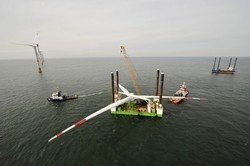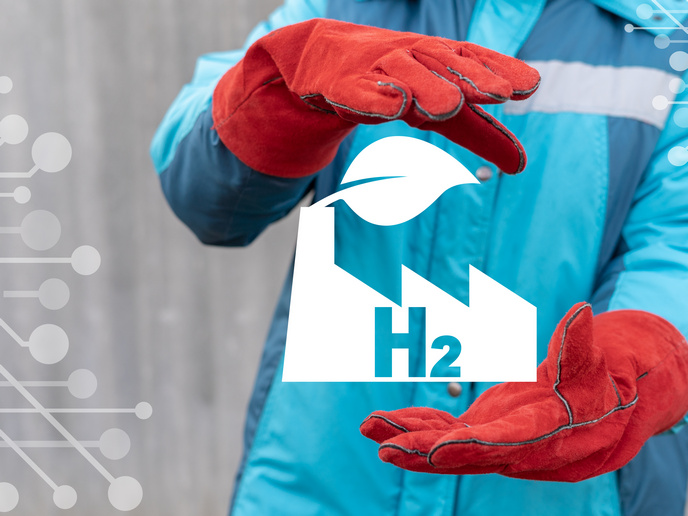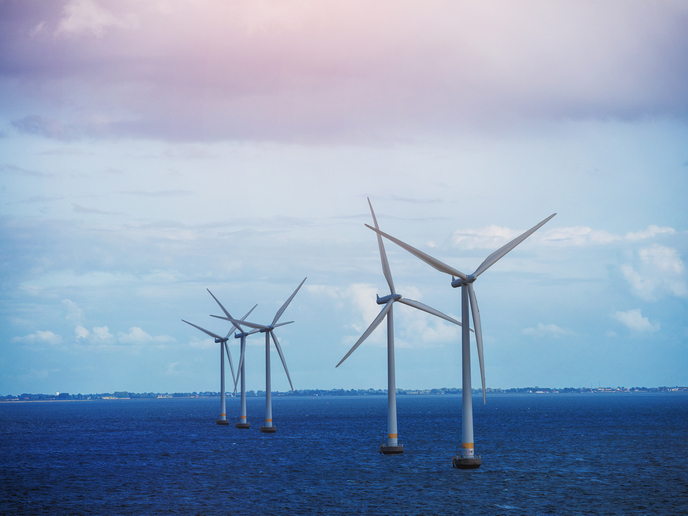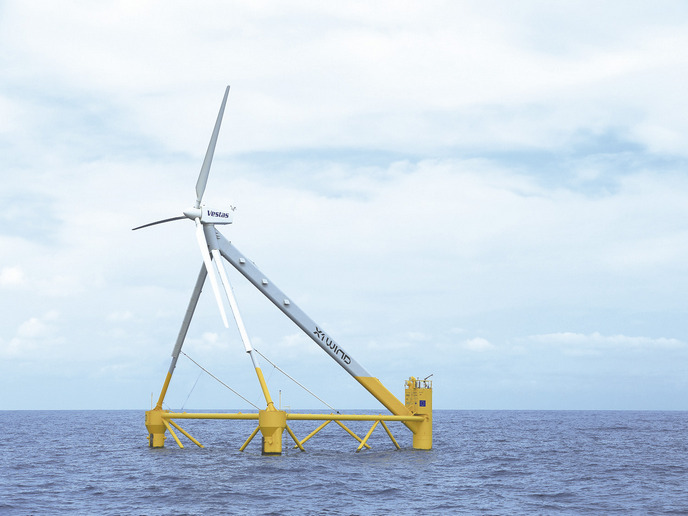Protecting long-term marine structures better
Scientists have made great progress improving marine protective coatings. However, further work is necessary to extend service lives for structures that cannot be brought in for maintenance. EU support of the ACORN (Advanced coatings for offshore renewable energy) project has helped scientists develop improved marine coatings. They address corrosion resistance, anti-fouling related to marine barnacles, and even cavitation resistance for structures in high-velocity environments such as tidal turbines. Starting with the well-established corrosion protector thermally sprayed aluminium for steel substrates, the team worked on embedding islands of eco-friendly anti-fouling substances. This formulation was envisioned to last more than 20 years for offshore steel structures, including docks, buoys, and those associated with conventional and renewable energy. In parallel, researchers worked on a corrosion- and cavitation-resistant coating with a lifetime of more than 10 years for tidal energy generators. To achieve its aims, the team first defined the anti-fouling coating technology. Scientists chose a 99.5 % pure aluminium coating applied with the twin wire arc spraying method based on corrosion trials results, as well as economic and production-related criteria. The eco-friendly anti-fouling substances were chosen for their performance, commercial availability and regulatory approval for use in EU waters. Scientists then evaluated inert carriers for stability in seawater and hydrophobicity as well as for low processing temperature to protect the anti-fouling agents. Three different state-of-the-art cavitation-resistant coatings were assessed for performance and compatibility with the substrate. The team considered environmental safety and heavy metal content in the formulation, in addition to considering cost and production criteria. Computer simulations supported experimental studies in a cavitation tunnel to fully assess each coating's performance under expected service conditions. The project ultimately developed a completely novel, non-paint anti-fouling and corrosion resistance solution that lasts more than 20 years, aimed at protecting offshore steel structures. It also developed and validated the viability of corrosion and cavitation-resistant coating with a lifespan of over 10 years, ideal for tidal energy generators. This is particularly important since the cost of building, installing and operating large offshore structures such as those associated with energy production requires a large investment. For structures that cannot be dry-docked for maintenance, protective coatings must have very long service times. ACORN scientists successfully advanced the state of the art for maximum benefit to the competitiveness of operators. This will encourage more widespread installation and greater impact on meeting the global energy demand sustainably.
Keywords
Ships, coating systems, anti-fouling, ACORN, corrosion resistance, offshore renewable energy







